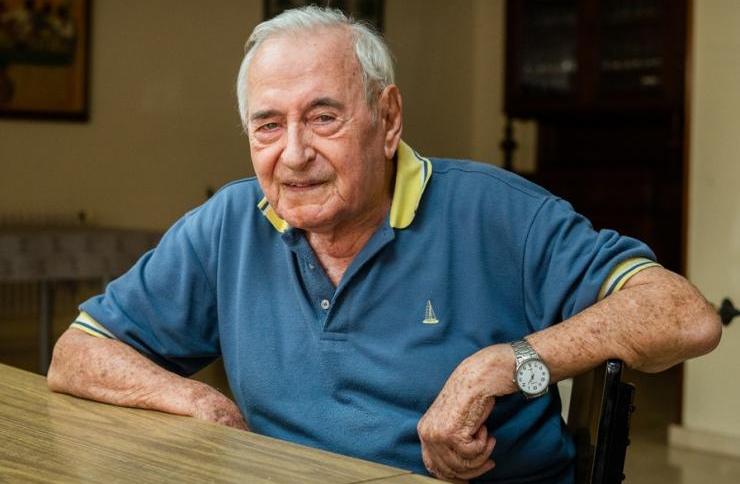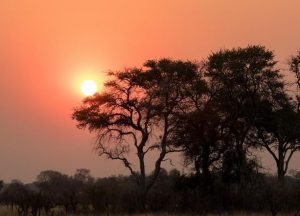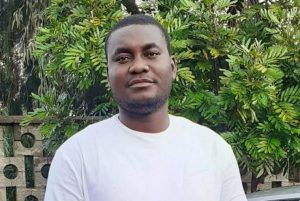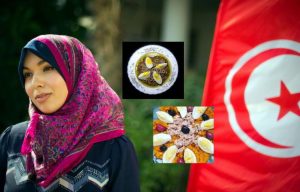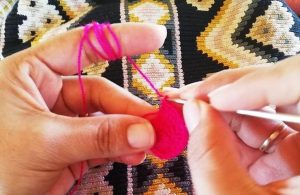Fr. José Javier Parladé Escobar, an 81-year-old Spaniard spent fifty-two years of his life in Sudan. Recently, he was forced to flee the country though not without reluctance. He immediately wishes to clarify matters saying: “I want to return as soon as possible”. Father José Javier tells us what he has experienced since the conflict broke out between the Sudanese Armed Forces (SAF), led by General Abdel Fattah al-Burhan, and the Rapid Support Forces (RSF) of Mohamed Hamdan Dagalo Hameidti on Saturday 15 April.
I live in Bahri, the part of Khartoum city hardest hit by the fighting. A few hundred meters from our community there is a Rapid Support Forces (RSF) barracks, which is frequently bombed by government SAF aircraft.
At first, there were just four of us in the house. Three Combonians and Halla, our South Sudanese cook who has worked in the house for years. There was neither running water nor electricity. Later four volunteers from our Comboni College arrived who were staying in a house not far from ours. And then, four nuns also came to stay with us.
The shooting was continuous and none of us dared to leave. Then we realized that we were almost alone because most of the people living around us had left in search of safer places. One day we were called by our superiors saying that the Spanish government was organizing an operation to repatriate the Spaniards and that I had to leave. I told him I’d never left the mission like this, and I wasn’t leaving. But the superiors insisted that I was very old, so I had to get out of there.
Slowly, I allowed myself to be convinced. They told us that they would pick us up and take us to the Spanish embassy, which was the meeting point for the evacuation of the Spanish and other people. But they never came.
The situation was getting steadily worse. Shooting could be heard getting closer and closer. One afternoon there was a brutal confrontation between the two sides: government soldiers attacked in order to expel the paramilitaries, but without success. We only heard gunshots and screams.
One Sunday morning, around 10, there was terrible bombing much heavier than usual. One or two bombs had hit part of our house. One part was burning. Having no water, we tried to put out the fire by throwing sand on it. Despite the danger of leaving, we decided that we could no longer stay in the house. We took the cars and made white flags out of cloth and placed them on the cars. There were twelve of us in all: three Comboni Missionaries; our cook, Halla; the four volunteers and the four nuns. We were all scared stiff and drove very slowly with all the windows down to avoid any problems.
We were continually stopped by Hemedti’s soldiers and told them that they had bombed our house and that we were going to Omdurman, and they let us through. When we arrived at the bridge over the river Nile, we realized that the situation was much calmer and this encouraged us to think we had made the right decision. We reached the Comboni community of Omdurman.
Some of the volunteers and our cook decided to stay. With a Comboni father, we headed to the meeting point, a military airport, located 16 kilometres north of Omdurman, where the government troops controlled the airport. Instead, Khartoum International Airport was occupied by Hemedti’s men. When I arrived at the airport, there were Italian soldiers and then I saw some Spanish soldiers. Finally, A Spanish cargo plane took us to Djibouti.
I counted fifty fixed seats, and since there were more of us, the rest of the people had to sit on the floor. We were told that we would all get on the plane, even though the ride would not be very comfortable. Being old, I was offered one of the seats.
When we arrived in Djibouti, there was another very large and comfortable Spanish Army plane waiting on the runway and I slowly walked to the other plane. We all got in and had to wait quite a while before taking off, but eventually we left. At a quarter past eleven on the morning of Monday 24th of April, the Spanish army plane landed at the Torrejón de Ardoz military base (Madrid).
I now keep thinking of the many missionaries and people I left behind in Sudan. All I can do now is offer a hopeful prayer that this new madness will end, and the weapons will be silenced.

